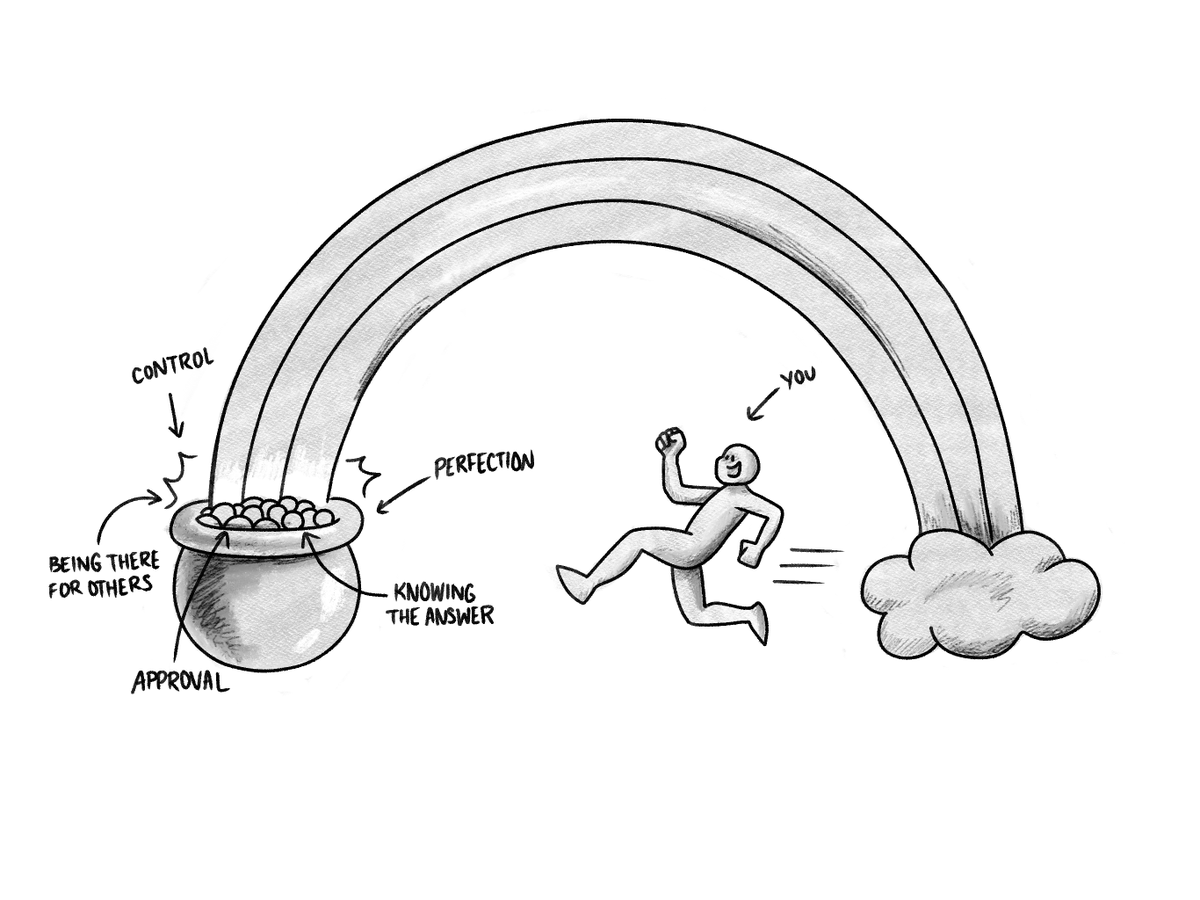Monday #soulcare: a childhood vow is a conscious or unconscious agreement you make with yourself as a child about how the world MUST be in order for you to be ok. We typically make these vows to avoid pain or seek pleasure. They come out of a wound or a lack in our childhood...
...they serve us well when we are kids, but they restrict us as adults. Like clothes we grow out of, if we don't shed them, they become constricting. When under pressure, or tired or feeling attacked, you revert to your childhood vow and live by it rather than by faith....
...you can uncover a vow by listening to your self talk and listening for superlatives or absolutes or 'singular truths that you make into a universal truth.' Naming and repenting of a vow can be massively freeing and can take time and work...
My friend @Jimherrington spoke eloquently about vows on this episode of my podcast. Jim and @trishaltaylor also host a wonderful podcast well worth a listen. Links below.
Jim on mine: bit.ly/32rFldD
Jim and Trisha's: theleadersjourney.us/podcast/
Jim on mine: bit.ly/32rFldD
Jim and Trisha's: theleadersjourney.us/podcast/
• • •
Missing some Tweet in this thread? You can try to
force a refresh









